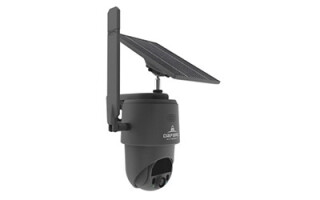u-blox Releases the ALEX-R5 Miniature Cellular Module
February 02, 2021
News

u-blox announced the release of the ALEX-R5, a miniature cellular module that integrated low-power wide-are (LPWA) connectivity and GNSS technology into an ultra-small SiP form factor.
The module is based on the UBX-R5 LTE-M / NB-IoT chipset platform with out-of-the-box Secure Cloud functionality and the u-blox M8 GNSS chip for world-class location accuracy.
It features 23 dBm of cellular transmission power that guarantees the end devices operate effectively. The ALEX-R5 also hosts a GNSS antenna interface to enable simultaneous operation of the u-blox M8 GNSS chip, matching the performance of a stand-alone u-blox M8 module.
Further, the module is optimized for power-sensitive and battery-dependent applications. This is achieved by leveraging the lower power modes of the UBX-R5 and UBX-M8 chipsets.
Users will also find secure cloud functionality supporting IoT-Security-as-a-Service based on an internal, hardware-based secure element enables a lightweight pre-shared key management system specifically designed for LPWA devices.
According to a company press release, ALEX-R5 future-proofs IoT devices and solutions by enabling customers to software upgrade deployed devices for compatibility with 5G networks, offering a seamless transition to the next generation of cellular technology as 5G networks are rolled out by mobile operators.
For more information, visit www.u-blox.com.




